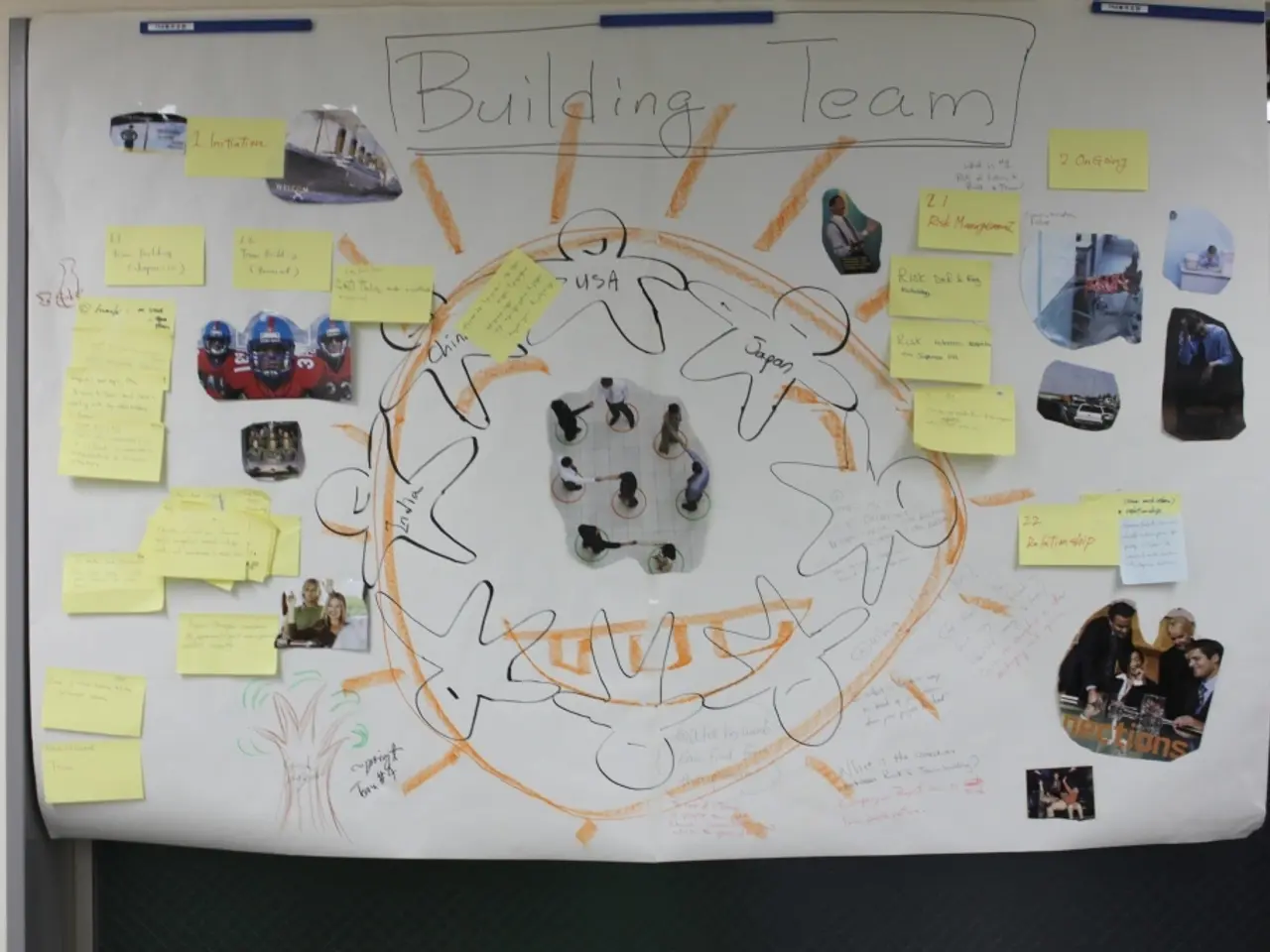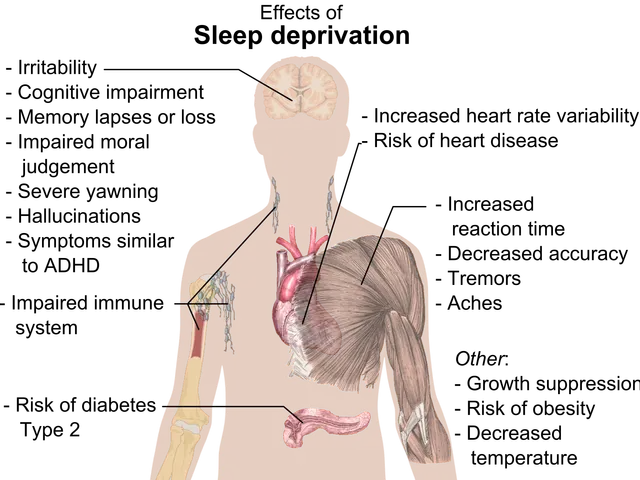Improved cognitive abilities in older adults associated with physical activity, proper nutrition, and mental exercises
In a groundbreaking study, researchers at Wake Forest University School of Medicine have found that a structured combination of physical exercise, brain training, and a healthy diet can significantly slow cognitive decline in older adults, even those with sedentary lifestyles and diverse racial and ethnic backgrounds in the U.S.
The study, known as the POINTER (Physical Activity/Lifestyle Interventions to Reduce Dementia Risk) study, involved 2,111 participants aged 60 to 79. Half of the participants were assigned to group classes for exercise, dietary changes, and brain-challenging activities, while the other half received educational materials and encouragement but had fewer meetings and no structured goals.
Over two years, the intervention group showed a significant improvement in global cognitive function compared to the control group. The structured intervention prescribed specific activity goals, including eight weekly exercise sessions (aerobic, resistance, stretching), three weekly cognitive training sessions using BrainHQ, social activities, and dietary adherence to the MIND diet. Participants had 38 facilitated peer meetings over two years, with clinician support monitoring health metrics and goal-setting.
The MIND diet emphasises leafy greens, berries, whole grains, poultry, fish, and limits red meat, fried food, and sweets. One participant, Jones, discovered a liking for blueberry-spinach smoothies as part of her new diet. Jones, an 81-year-old study participant, also lost 30 pounds (14 kilograms), saw her heart health improve, and felt sharper, especially when multitasking.
However, Jones' diet slipped after study coaching ended, as evidenced by a checkup that revealed rising blood sugar. This underscores the importance of long-term commitment and support in maintaining these healthier habits.
The Alzheimer's Association is preparing to translate the study findings into local community programs, offering hope for older Americans who want to slow cognitive decline by exercising, eating healthier, and adopting a combination of these habits.
The evidence indicates that a multidomain intervention combining exercise, diet, cognitive training, and social engagement can successfully slow cognitive decline in older adults at risk, offering a promising, accessible, and low-cost approach applicable to sedentary, diverse U.S. populations.
Physical exercise alone, including both aerobic and non-aerobic types like strength training or tai chi, consistently shows benefits for cognitive function and mobility in older adults, including those with existing cognitive impairments. The study results were reported in JAMA and at the Alzheimer's Association International Conference.
It's important to choose an enjoyable physical activity to increase the likelihood of sticking with it. Start with safe physical activities, such as 10 minutes at a time, and gradually increase. There are numerous options for brain exercises, including puzzles, book clubs, learning instruments, or new languages.
Researchers will track study participants' health for four more years to determine the long-term effects of the intervention. Jones and her 81-year-old friend from the study are helping each other stay on track with their new habits, demonstrating the power of community support in maintaining these healthy changes.
- The study showcased that a multidomain intervention focusing on physical exercise, diet, cognitive training, and social engagement can significantly slow cognitive decline in older adults, particularly those with diverse racial and ethnic backgrounds in the U.S.
- Mental health benefits were also observed, as Jones, an 81-year-old study participant, reported feeling sharper, especially when multitasking, after adopting a healthier lifestyle that included a structured exercise routine, brain-challenging activities, and following the MIND diet emphasizing leafy greens, berries, whole grains, poultry, fish, and limiting red meat, fried food, and sweets.
- The MIND diet, combined with regular exercise, fitness-and-exercise, and mental-health-focused activities like brain training, contributes to overall health-and-wellness by improving heart health, mental acuity, and potentially reducing the risk of cognitive decline, while a healthy lifestyle also brings about weight loss in some individuals like Jones, who lost 30 pounds during the study period.





